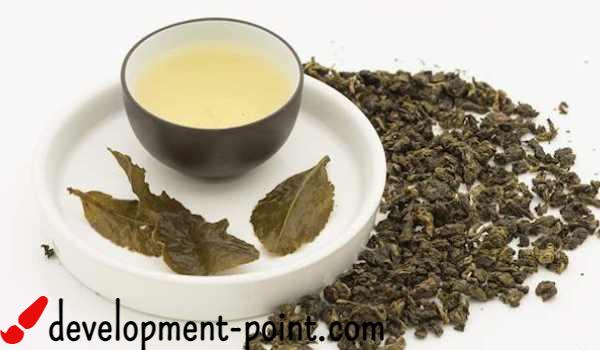Benefits of white tea: and how to prepare it in an easy way

Did you know that black tea, green tea, and white tea are made from the same leaves of the Camellia sinensis plant? However, the difference between them is in the treatment method for each of these types. Which gives each of them a unique aroma and flavour. But what distinguishes white tea from other types of tea? So get to know The benefits of white tea And how to prepare it.
white tea
White tea, which is famous for its cultivation in China, Thailand, India and Taiwan, is considered the least processed type of tea. It is harvested earlier than black tea or green tea. So it retains more antioxidants than other types.
Which makes it have many health benefits. Where white tea contains polyphenols, which act as antioxidants in the body, which helps protect the body from aging, chronic infections, and a weak immune system by fighting free radicals that cause many diseases.
The benefits of white tea
There are many health benefits of white tea Among its benefits:
1. Prevention of heart disease
Heart disease is one of the leading causes of death in the world, which is closely related to chronic inflammation. So polyphenols may help reduce the risk of heart disease.
Studies have found that polyphenols may help prevent harmful cholesterol from oxidizing, boost immune function, and help relax blood vessels.
It is also important to follow a healthy lifestyle to promote heart health such as eating healthy foods, exercising regularly, and getting some rest.
2. Helps lose weight
White tea contains epigallocatechin gallate (EGCG), which helps stimulate fat burning, prevent the formation of new fat cells, and may help increase metabolism by 4% to 5%, which is equivalent to burning approximately 70 to 100 additional calories per day. Today.
3. Protect the teeth
One of the most important benefits of white tea is that it is a rich source of fluoride, antioxidants, and tannin (tannins), which helps maintain dental health by fighting bacteria and sugar. Catechins, one of the plant antioxidants, also helps prevent the growth of plaque-causing bacteria.
4. Reducing the risk of insulin resistance
The hormone insulin plays an important role in helping to move nutrients from the bloodstream into cells so they can be used or stored for later use.
However, with high sugar consumption, some people’s response to insulin may weaken (insulin resistance), a common condition associated with many chronic diseases such as type 2 diabetes and heart disease.
It is worth noting that one of the advantages of polyphenols is that they help reduce the risk of insulin resistance.
5. Protection from osteoporosis
Free radicals and chronic inflammation may increase the risk of developing symptoms of osteoporosis as they inhibit cells that help bone growth, and stimulate cells that break down bone. However, one of the benefits of white tea is that it contains catechins, which fight these factors and reduce the risk of osteoporosis.
6. Memory booster
White tea contains zinc, manganese, and selenium, which help improve memory, increase concentration and alertness, and reduce brain fatigue. In addition, it helps to relax and calm the nerves.
7. Aging resistance
Consuming white tea helps protect the skin from the effects of aging. In one study, scientists found that using white tea extract on the skin may help protect against the harmful effects of the sun’s ultraviolet rays.
It may also help inhibit many cellular components, which may damage the skin’s fiber network, which in turn keeps the skin taut.
Does white tea contain caffeine?
White tea contains caffeine, but to a lesser extent than other types of tea. One of the benefits of white tea is that it contains 15 to 20 mg of caffeine per cup.
While green tea contains about 30 mg of caffeine. Black tea has the highest caffeine content compared to other types, containing about 50 mg.
How to prepare white tea
White tea can be taken cold or hot. To make a cup of hot white tea, You have to follow these steps:
- Tea leaves are added to a saucepan
- Hot water is poured over the tea leaves
- Leave the leaves to soak in the water for about 5 to 8 minutes
- The tea is filtered until it is ready to be served
In order to preserve the pleasant flavor that characterizes white tea, you should avoid using boiling water, as it may spoil the flavor. And if you need to get a stronger flavor, you can add more dry tea leaves.
Cautions when using
Some people may experience an allergic reaction to caffeine, which is contained in many types of drinks, including white tea, which may lead to some side effects such as:
- Vertigo and dizziness
- Insomnia
- Feeling of gastrointestinal discomfort
And whether you prefer to drink white, black or green tea, moderation in drinking and avoiding excess is a natural matter so that some of its benefits do not turn into damages that disturb your peace of mind. For medical consultations, you can contact a specialist doctor through this link.

